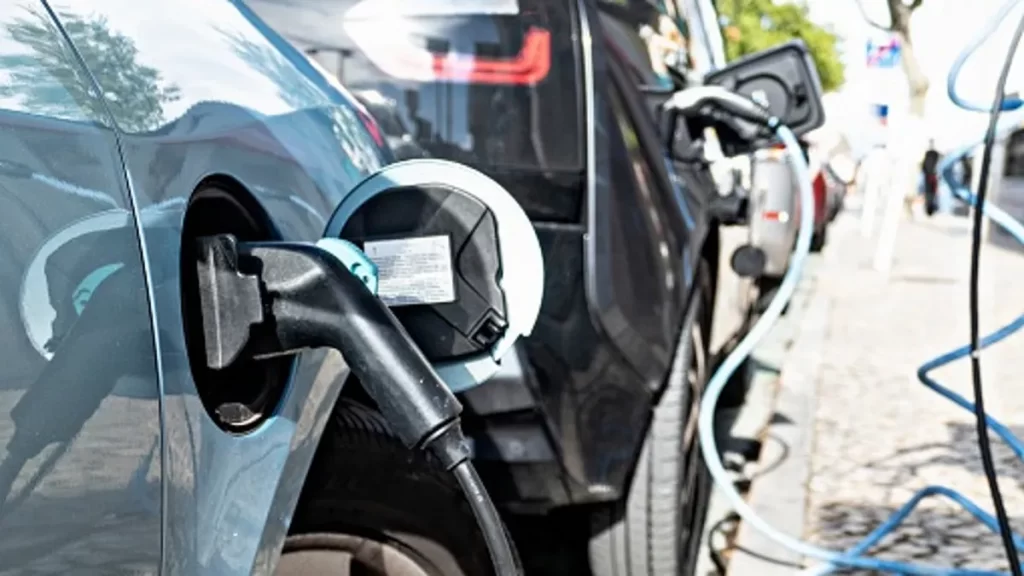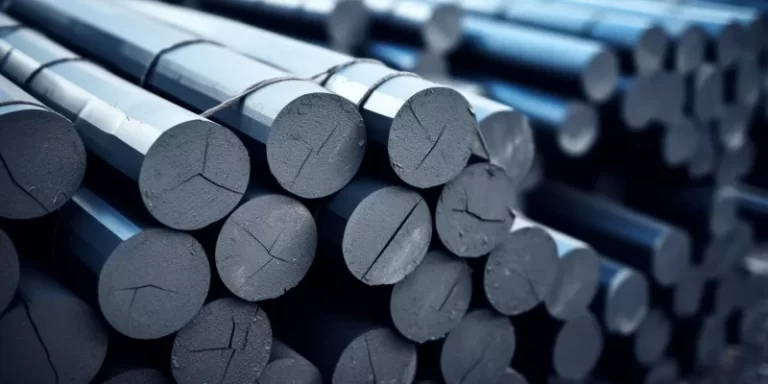
The Ethiopian government has implemented a ban on the importation of petrol and diesel vehicles by diplomatic missions and international organizations, as part of its broader strategy to transition to clean energy and promote environmental sustainability.
In a statement issued last week, the Ministry of Foreign Affairs announced that this move aligns with Ethiopia’s commitment to reducing emissions and transitioning to renewable energy sources.
The Ministry stated, “All diplomatic and consular missions, as well as regional and international organizations in Addis Ababa, are hereby informed that, in light of the urgent challenges posed by climate change and Ethiopia’s dedication to emission reduction and renewable energy transition, the importation of vehicles powered by internal combustion engines using petrol or diesel is now prohibited.”
The Ministry further emphasized that those with diplomatic privileges must continue to import only electric vehicles, in accordance with the regulations for duty-free vehicle importation.
Ethiopia had already declared a total ban on the import of fossil-fuel-powered vehicles in January, marking a significant shift in its automotive policy.
This decisive move could potentially prompt other governments to reconsider their own automotive policies, especially as their missions in Ethiopia will now be limited to using electric vehicles.
The ban may also lead car dealers and organizations to offload their existing fossil-fuel vehicle stock in foreign markets at reduced prices.
Ethiopia’s push for electric vehicles is driven by both economic and environmental considerations, recognizing the country’s rich renewable energy resources.
However, the government faces the challenge of expanding electricity access, as currently, only about 40% of the population has reliable electricity.
Additionally, the government will need to ensure the development of an efficient network of charging stations, particularly beyond the capital, Addis Ababa.
With around 100,000 electric vehicles already in use and projections indicating a fourfold increase by 2032, Ethiopia’s ban on the import of gas-powered vehicles represents a bold policy decision.
The ban, the first of its kind globally, aims to reduce the financial burden of fuel imports while leveraging the country’s dependence on hydropower, which supplies 96% of its electricity.
Unlike regions such as the European Union, which have adopted a gradual approach to phasing out fossil-fuel cars over a ten-year period, Ethiopia is accelerating its transition.
The government is capitalizing on its hydroelectric resources, including the Grand Ethiopian Renaissance Dam (GERD) and other river projects, to bolster its electricity capacity.
The country has already begun generating electricity from portions of the GERD that are still under construction.





